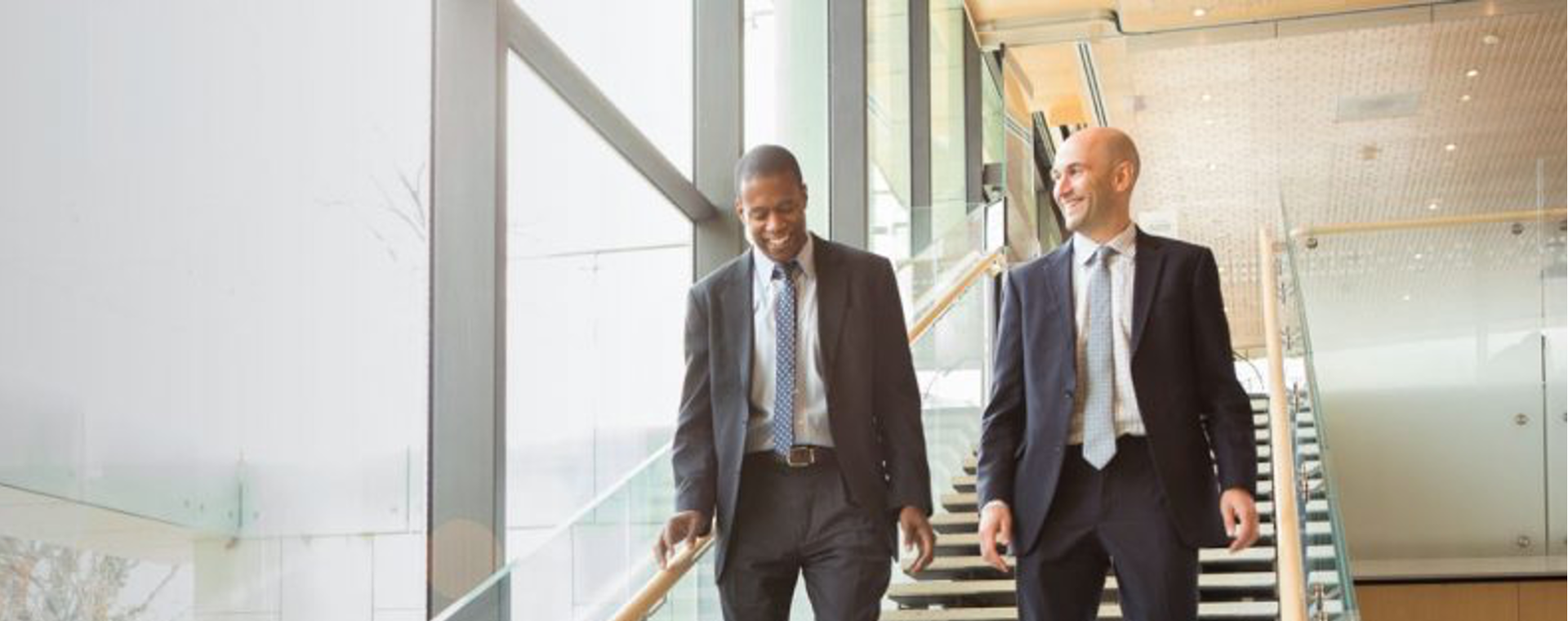
Your time is the most valuable thing you can give to the world. Your family, your friends, and your career. Some of us have a rare opportunity to find a career that is both fulfilling and impactful. We established Sol to give ourselves that opportunity – and build a vehicle and community that provides that same opportunity to others.
In 2008, amid the Great Recession, Sol began as two dear friends working around a dining room table with a passion for creating, and a commitment to a better world. At inception, life was an insane combination of two full-time jobs, late nights, no-sleep nights with a writing pad next to the bed, and 12-18 hours days. That journey helped shape the culture of the company and seared into many of us an overwhelming desire to succeed and a work ethic to match.
Today, Sol is helping to lead and shape the renewable energy industry. This is our story.
2008 – 2012
We began by aggregating and financing solar renewable energy credits (SRECs), a relatively new environmental commodity at the time. SRECs were a market-based instrument designed to incentivize the development of solar across multiple markets. We stumbled upon them when creating a pro forma for a solar project. SRECs could support around 80% of the economics of a project, and yet nobody knew what they were or how to value or monetize them. Today, they are the bedrock for many of the solar markets on the East Coast.
We created hundreds of partnerships with installers to enable them to work with their customers to monetize SRECs, and we worked with thousands of customers to help them finance their solar systems. Others in the industry would comment, “Wow, that’s complex and challenging; glad you’re doing it.” That was tremendously reassuring to us. We wanted to do the hard work, and do it well, to create value.
We haven’t looked back since. Today, we serve approximately 50,000 customers through our customer aggregation business, helping individual customers to sell renewable energy credits associated with their system, or purchase RECs from other systems.
2012 -2018
By 2012 we had launched multiple SREC customer products to enable customers to finance their solar projects. However, the commercial rooftop solar market was struggling with high transaction costs, access to capital, and the challenge of aggregating volume. In short, the market was struggling with many of the same issues we had been working on for SRECs. We began aggregating solar projects on behalf of insurance companies, energy companies, and others to enable them to invest in, or own, these projects.
By 2016, rather than aggregate projects, we began working directly with customers to develop some of the largest rooftop projects and portfolios in the country. We evolved from an SREC aggregation business to a project aggregation business to a project development business. We have since created one of the leading commercial solar developers in the country – serving Amazon, Walmart, FedEx, Bowdoin College, the University of Illinois, and many others.
2018 – 2020
In 2018 Sol created a joint venture with our partners at Nationwide Insurance Company to acquire, co-develop, own, and operate utility-scale assets. In the next two years, we acquired around 300MW of solar projects (worth roughly a half billion dollars) throughout the United States. That effort moved the company from an initial focus on commercial, industrial, and educational rooftops to a broader focus on larger utility-scale assets throughout the United States.
2020 – Now
2020 and COVID-19 hit all of us, and it hit Sol hard. Our industry was impacted by significant delays, supply chain issues, tariffs, increasing costs, a multi-year transition to remote work, and a political crisis. Life sometimes gives you grace, and sometimes you go find it.
COVID forced the company to evolve and focus. We better defined our customers as large corporations and institutions transitioning to a more sustainable future. We synthesized and shaped our discrete businesses to meet the needs of these customers. As we had in our commercial solar business, we moved from buying utility-scale projects to directly developing them so that we could meet the needs of our customers. Seeing and hearing the world around us, we doubled down on our commitment to impact and began to integrate community impact more intentionally into the project work we were doing.
In 2020 we partnered with Microsoft to innovate a first-of-its-kind power purchase agreement (PPA) that integrated community impact elements into the project’s development, construction, and operation. It was one of the largest PPAs executed in the country at the time, and certainly the most innovative. Sol has since donated millions to local community organizations and the projects we are developing will provide over $50 million in funding for these organizations over the next 20 years. In 2021 we partnered with FedEx to develop a community solar project that provided direct funding to a local organization called SOME that served under-resourced communities in DC. In 2022 we partnered with Google on a multi-year tax equity investment in the Carolinas that will fund community organizations.
We also found a financial partner that believed in and invested in this vision. In 2021 Sol Systems announced a corporate investment from KKR, one of the largest private equity firms in the world. This investment will enable Sol to develop, own, and operate a fleet of renewable energy resources and market the energy from these assets directly to customers.
Today, in addition to managing approximately 50,000 customers, Sol is developing solar projects that will provide sufficient energy to power over hundreds of thousands of homes. We have worked with some of the largest corporations and other partners to move our industry towards thoughtful solar project development that is focused on surrounding communities. There is nothing more fulfilling than building something with people you respect, challenge you, teach you, and share your passion. We are enormously indebted to all of them.
We are not done building.
Yuri Horwitz